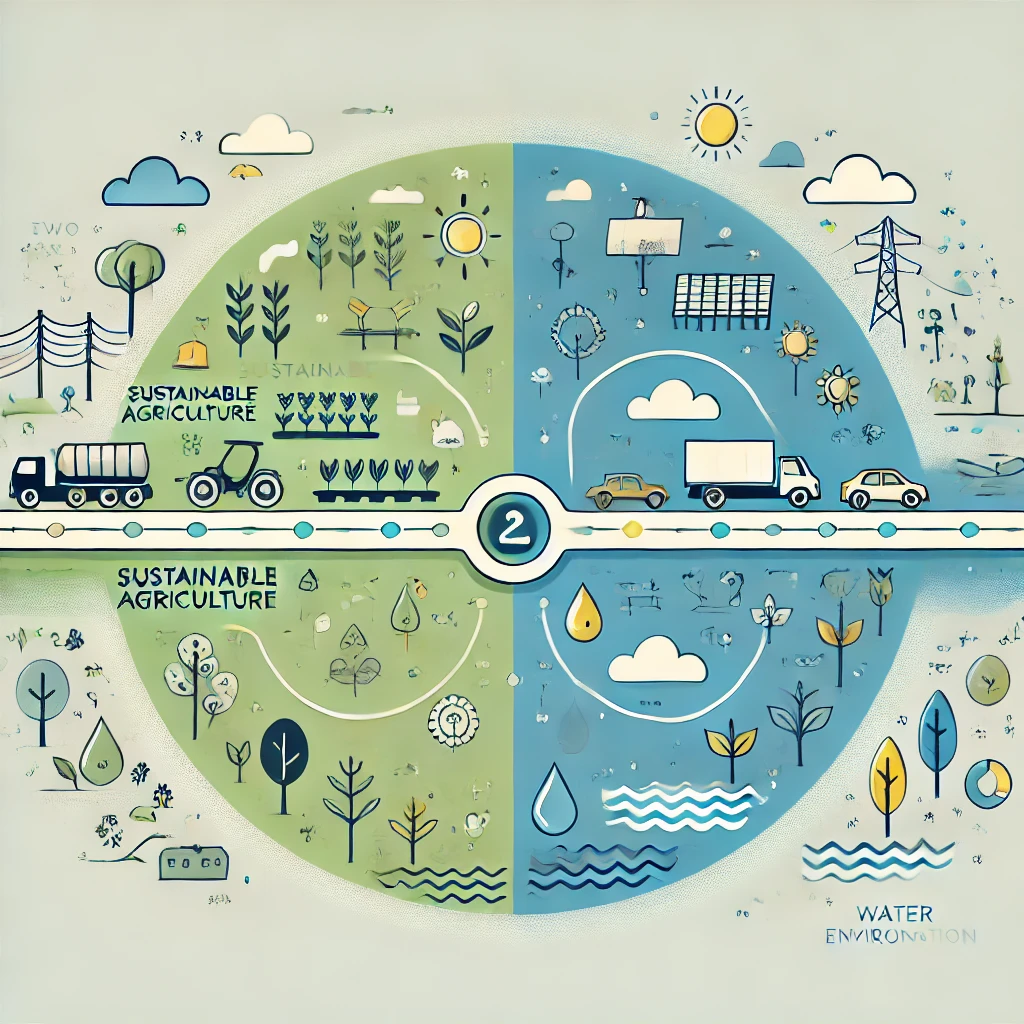Sustainable Agriculture & Environment: Two Sides of the Same Coin

21 03 2025
Category: IM Seminar
We warmly invite you to the Institute of Microbiology seminar: on Friday, March 28, at 11:00 AM in the Faculty Council Hall (102A), Dr. Kumar Pranaw will present a seminar titled: “Sustainable Agriculture & Environment: Two Sides of the Same Coin.”
Dr. Kumar Pranaw worked for several years in our Faculty at the Institute of Microbiology in the Department of Environmental Microbiology and Biotechnology. He is currently working at Jawaharlal Nehru University in New Delhi. He will be in Poland for a seven-day visit as part of ongoing collaboration on “Microbial Transformations of Waste Biomass.” The purpose of his visit is to present research results and achievements, which will serve as the basis for submitting a habilitation application at the Faculty of Biology, University of Warsaw.
Abstract:
Sustainable agriculture and environmental conservation are deeply interconnected, forming two sides of the same coin. As global challenges such as climate change, soil degradation, and resource depletion intensify, harnessing microbial resources presents a promising strategy for addressing these issues. This talk explores the potential of plant growth-promoting bacteria (PGPB) and lignocellulolytic microorganisms in advancing agricultural sustainability while simultaneously contributing to environmental conservation. PGPB and their secondary metabolites enhance plant resilience, mitigate drought stress, and suppress plant diseases, offering eco-friendly alternatives to chemical inputs. Their role in improving soil fertility, nutrient availability, and plant health underscores their importance in reducing agricultural dependency on synthetic fertilizers and pesticides. Simultaneously, lignocellulolytic microorganisms and their enzymatic capabilities facilitate the biodegradation and valorization of lignocellulosic biomass, converting agricultural waste into valuable bio-based products such as pigments, biofuels, and biochemicals. This not only promotes waste recycling and a circular bioeconomy but also reduces environmental pollution and greenhouse gas emissions. By integrating microbial biotechnology into agricultural and environmental management, we can develop holistic, sustainable solutions that enhance food security, restore ecosystems, and mitigate climate change.
